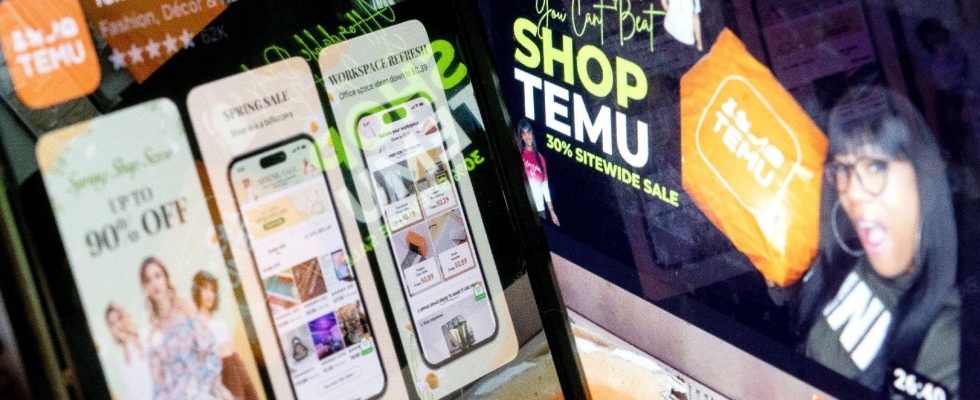The consecration for a consumer brand is to become an expression of everyday language. But this is not always to his advantage. So the online shopping site Wish has become a qualifier for poor quality copy. Founded in 2010 in San Francisco by former Google executive Peter Szulczewski and Yahoo veteran Danny Zhang, ContextLogic was initially a marketing agency specializing in machine learning to increase the relevance of advertising content. In 2011, the company pivoted to become a marketplace connecting American consumers directly with Asian resellers and taking 15% in the process.
The secret of Wish then lies in an algorithm that recommends products based on what consumers buy, but also on what they see and reject. Deployed mainly on smartphones, it relies on extremely low prices and a plethora of offerings, with extended delivery times and often counterfeiting. The company has experienced meteoric growth, reaching 80 million users in 2016. Stuck at home during confinement, this clientele consumed en masse.
In the era of ultra-expansionary monetary policies, the company has become one of the champions of hypergrowth. Even at the cost of massive losses. In 2020, it announced 2.5 billion dollars in turnover, for a deficit of 750 million. It then entered the stock market with a valuation of 14 billion dollars. But it’s a flash in the pan, consumers who order once on Wish rarely do it again, disappointed with the quality of the products and the logistical hazards. In 2023, the fallen star will only make $300 million in turnover, for an equivalent amount of losses.
Shein, the king of fast fashion
The competition is also to blame. Western consumers’ appetite for inexpensive products, purchased directly from Asian manufacturers and wholesalers, has given Chinese e-retailers ideas. AliExpress launched the French version of its site in 2018 and Shein, the largest clothing seller in the world, is well established in France to the point of having opened a pop-up physical store there. They have since been overtaken by the thunderous Temu, the three being respectively in 10th, 12th and 11th place on the most popular French sites.
What differentiates these players from Wish is that they are operators: they manage the network of subcontractors, manage the warehouses and provide after-sales service. Temu is the offspring of Pinduoduo. This Chinese group, which means “together, more savings”, was created in 2015 by Colin Huang, another former Google employee. The online retailer started by selling cheap fresh groceries and quickly diversified into all product categories. A few weeks ago, Pinduoduo became the most valuable Chinese company in the United States ahead of Alibaba, making its founder the second richest man in China. As its market share in its native country began to plateau, Colin Huang designed Temu to specifically address Western customers, riding the same aggressive pricing lines.
The application now has more than 100 million active and above all loyal users. The average Temu user spends eighteen minutes there per day, almost double the time spent on Amazon, AliExpress or eBay. Beware of a hangover, however. This customer acquisition strategy is based on frantic spending on advertising on social networks or during events like the Super Bowl. Losses would reach 2 to 3 billion for 2023. As a reminder, ContextLogic announced this week the sale of the Wish business to an Asian e-commerce company, Qoo10, for… 1% of its value from there is three years old. In addition, access to US stock markets to cheaply finance these losses could soon close. Worried about the capture of consumer data by companies linked to China, Republican representative Marco Rubio has just asked the American regulator to block Shein’s stock market listing.
.
